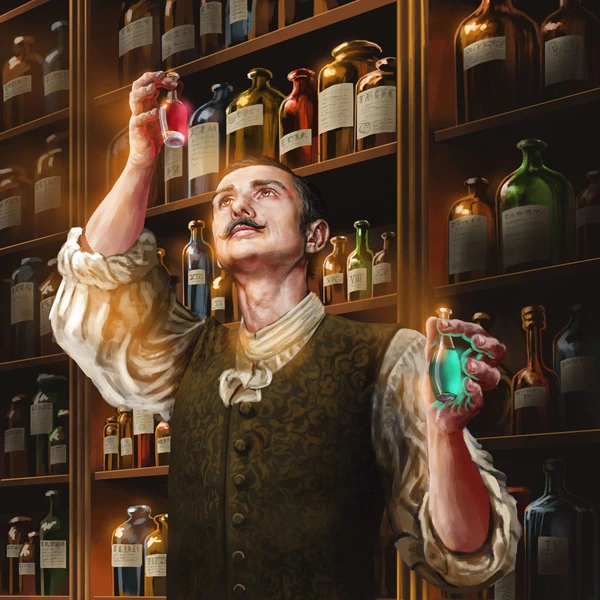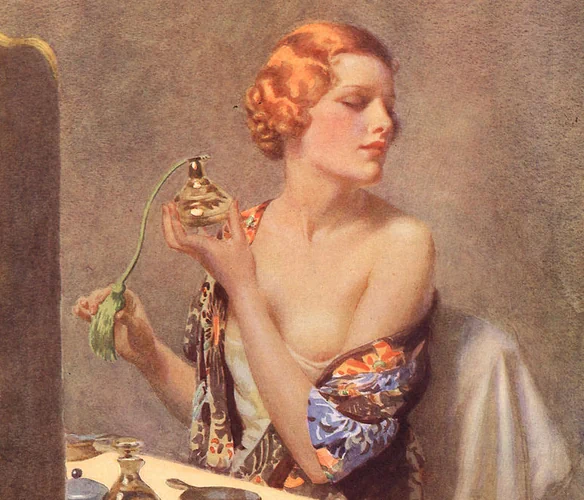An unforgettable evening, one of those that happen few times in life. Late summer, twenty years, no problems on the horizon and the certainty that everything is destined to last forever. Last beach party of the long-awaited beach holiday together with lifelong friends and those met a few days earlier, united in one immense company. And with that charming girl or boy who lights up every time she crosses your gaze, constantly looking for you in the crowd to elicit a smile from you.
A kiss and a hug that last all night long, with a thousand different intensities and nuances and under the most starry sky you have ever seen, while the background music punctuates every moment. The unmistakable scent of after-sun oil on her skin that inextricably blends with the towel placed over the sand, minute after minute, hour after hour, sigh after sigh. The dawn, the inevitable departure and the easy promises destined to remain forever on that beach, made a few hours before having the weird idea of keeping that funny towel and some colored bracelets in a box "as they are", as a souvenir of the most intense hours ever lived up to that moment.
Thirty years later, in another place, that strange box whose contents you can barely remember is opened by mistake during yet another move and, instinctively bringing that towel close to your face, your eyes close and everything disappears: you have again twenty years old, you're back on that beach and you have before you all the discovery, all the passion, all the love and all the possibilities in the world. A few moments seem like a lifetime, while you smile and don't even try to stop that unexpected heartbeat.
Two things make women unforgettable: their tears and their perfume.
Sacha Guitry

Magic has a name: SMELL
Among the five senses we have, thesmell it is undoubtedly the craziest and most fascinating, because it is able to awaken even the most distant memories, it guides us in relationships with others, it helps us to understand their emotional states and, often, it can influence the perceptions coming from the other senses in a totally unexpected way. L'smell, unlike the other senses, it is not simply the result of chemical messages sent to our brain, but it is the intersection of the latter with emotions (deriving from our experience) and culture (conditioned by the external environment) that we experience every day .
Specifically, thesmell acts:
1) Chemically
The physiological process is activated by the receptors present in the nose, which are activated by the odorous molecules dissolved in the air. The receptors, stimulated in different ways by the different types of chemical substances, generate electrical stimuli, which are sent to the specific region of the human brain responsible for "smelling". The brain decodes the signal and associates it, through memory, with the various known substances. In the nostrils there are approximately five million (five million!) olfactory cells and each of us is able to recognize about ten thousand different smells, perceiving an even larger number of sensations.
2) On an emotional level
Based on our experience, a scent is perceived as good/positive or bad/negative.
3) On a cultural level
The environment around us affects us, especially unconsciously. For example, in oriental countries amber and captivating notes are a symbol of femininity and sensuality. In the Nordic countries, on the other hand, it is the fresh and delicate notes that embody these concepts.

I know that if the smell were visible, as is the color, I would see a summer garden in the rainbow clouds.
Robert Bridges
For each of us a rose has a precise shape, a colour, an identical consistency and a dimension: they are all defined and measurable physical parameters. But each of us can give his perfume a completely different interpretation! There are those who exalt the fresh and citrus notes more, those who identify the powdery and fruity tones at the first spray and those who, instead, put the emphasis on the "peppery and honey nuances", based on the personal ability to recognize smells and the subjective interpretation of the sensations he experiences. For most people, the process of smelling provides little information about a substance's ingredients. But a sommelier and a perfume expert, for example, are able to distinguish the individual chemical elements within complex blends simply by smelling them, because they had to learn to develop and hone a skill that is fundamental to them on a professional level .
Odor is a parameter that cannot be measured physically (such as, for example, the wavelength for sight or the frequency of pressure oscillation for hearing), nor chemically, since it does not represent an intrinsic characteristic of the molecules. It only reflects the property of a certain substance, or rather, it represents the sensation that the substance causes after it has been interpreted by man's olfactory system.
Our language is worthless in describing the world of smells.
Patrick Süskind

The enormous power of smells and perfumes
THEsmell has unique characteristics and peculiarities. As happens in the short introductory story, it has the power to bring back memories much more than noises or images, which our brain "forgets" more easily. How many times are we literally transported back in time by a perfume? Technically this association between smell and emotional stimulus occurs because our body activates the interaction between the olfactory structure and the limbic system, the area of the brain through which our emotions pass.
THEsmell, unintentionally, can profoundly influence our choices: think of olfactory marketing! When the scent of basil is spread in a supermarket, sales of pesto and linguine or spaghetti can increase by as much as 300%. If you smell fresh bread in the air, don't you immediately want to bite into a piece while it's still warm and fragrant? Our tastes (and disgusts!) towards smells are acquired in the environment in which we live, in fact newborns do not show any sense of annoyance for smells that we consider unpleasant, not yet being influenced by the external influences that will influence them later.

Every word has its own smell: there is a harmony and disharmony of smells and therefore of words.
Friedrich Nietzsche
Despite all this, unfortunately thesmell it is the sense most neglected and mistreated by modern man. We usually discuss the last film seen, have a long conversation about a new song heard on the radio or emphatically judge a dish we have just tasted, but we rarely stop to talk about fragrances and smells. Probably many people lack the lexicon, the topics and a minimum of olfactory culture to build an interesting conversation on this topic. To adopt some new concept on the subject, it can certainly be useful to start talking or writing explicitly about smells and perfumes, trying at the same time to refine one's (extraordinary) sensory faculties by paying more attention to all the olfactory stimuli that one receives during the of the day. Or, in alternativa, you can visit one artistic perfumery, a "place of worship" dedicated to perfumes and essences where you can experience extremely engaging olfactory journeys. Why don't you try it too? You may not be able to reveal all the secrets of a formula or understand exactly all the essences of a fragrance, but on the other hand you will give yourself the opportunity to experience new, unforgettable positive emotions.
A woman's perfume is her secret. Revealing it means undressing in front of the first comer.
louis aragon






